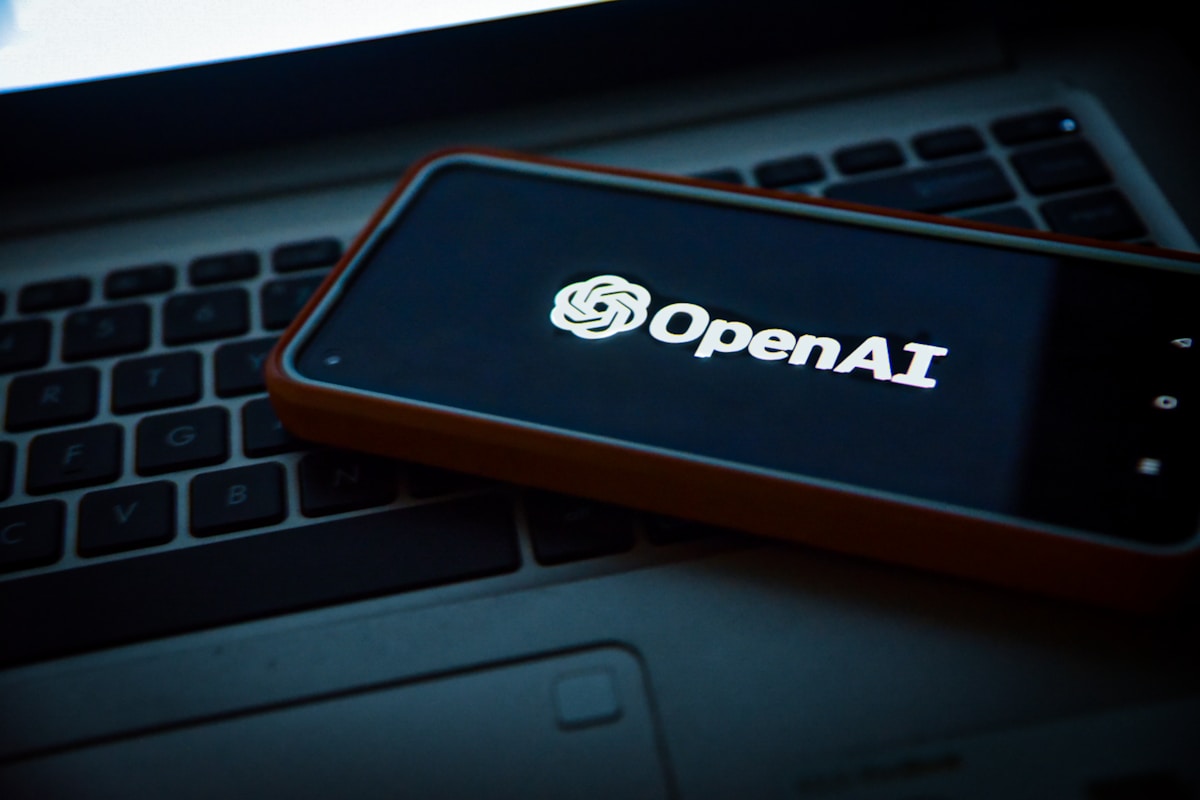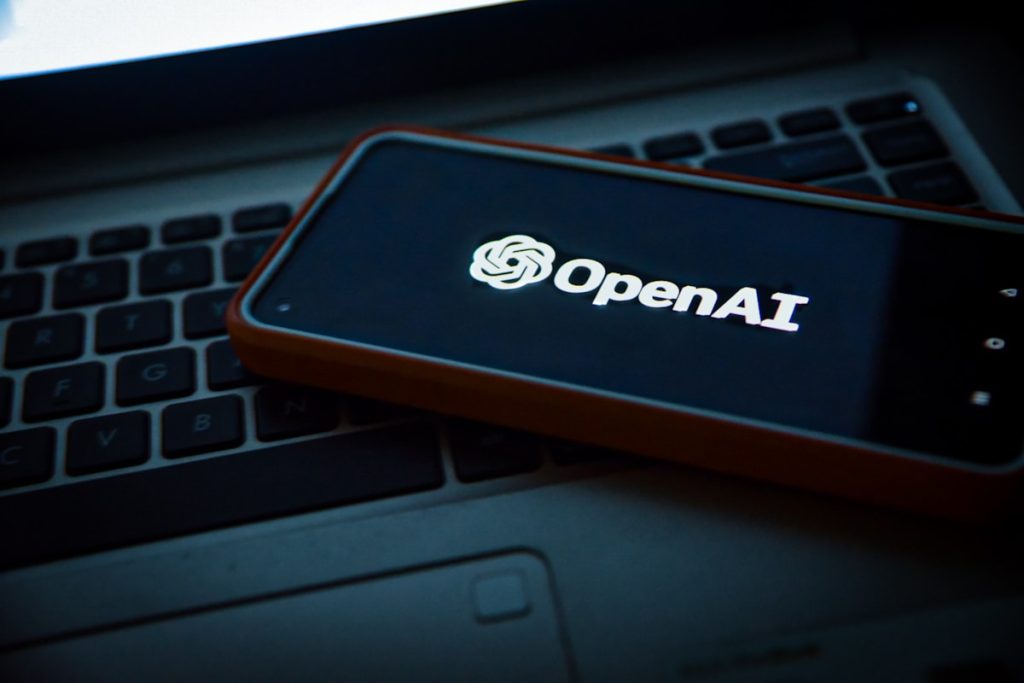OpenAI Unveils GPT-5: The Next Evolution in AI-Powered Conversations
OpenAI has officially launched GPT-5, the latest iteration of its groundbreaking language model, designed to power ChatGPT and redefine the boundaries of artificial intelligence. Building on the success of GPT-4, this new model promises significant advancements in comprehension, creativity, and contextual understanding, further bridging the gap between human and machine interaction.
Technical Advancements in GPT-5
GPT-5 introduces a host of technical improvements, including a larger training dataset and refined neural architecture. OpenAI claims the model employs advanced algorithms to better grasp nuanced instructions, reduce hallucinations (incorrect or fabricated outputs), and handle complex multi-step reasoning. Key enhancements include:
- Extended context window: Improved retention of long conversational threads.
- Multimodal capabilities: Integration of text, image, and audio processing in a single framework.
- Efficiency optimizations: Faster response times with lower computational costs.
Applications Across Industries
GPT-5’s upgraded features unlock new possibilities for businesses and individuals. In healthcare, it can assist with medical documentation and patient interaction. Educators leverage its ability to create personalized learning materials, while developers use it for code generation and debugging. Customer service platforms are also adopting GPT-5 to deliver more accurate and empathetic support.
Ethical Safeguards and Transparency
OpenAI emphasizes responsible deployment of GPT-5. The model includes stricter safety protocols to mitigate biases and prevent misuse. A new “ethical guardrail” system filters harmful content, and OpenAI collaborates with third-party auditors to ensure transparency. Users can also customize AI behavior within predefined ethical boundaries, balancing flexibility with accountability.
The Future of AI Interaction
GPT-5’s release signals a shift toward more intuitive and adaptive AI systems. Analysts predict widespread integration into tools like virtual assistants, creative software, and enterprise workflows. However, debates persist about AI’s societal impact, including job displacement and data privacy concerns. OpenAI has pledged ongoing dialogue with policymakers to address these challenges.
As GPT-5 rolls out to ChatGPT Plus and Enterprise users, the AI landscape braces for another transformative leap—one that could redefine how humans collaborate with technology.



